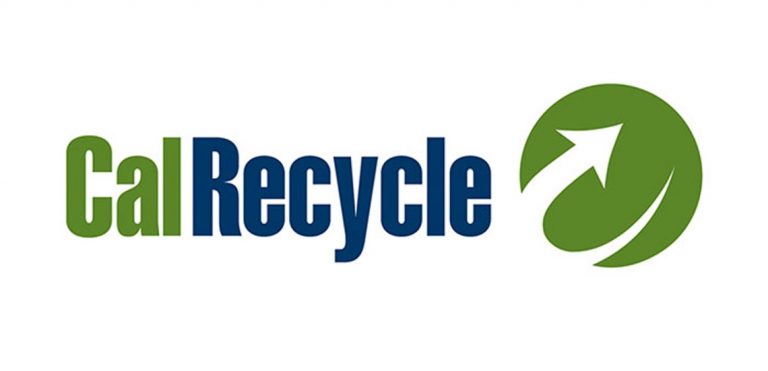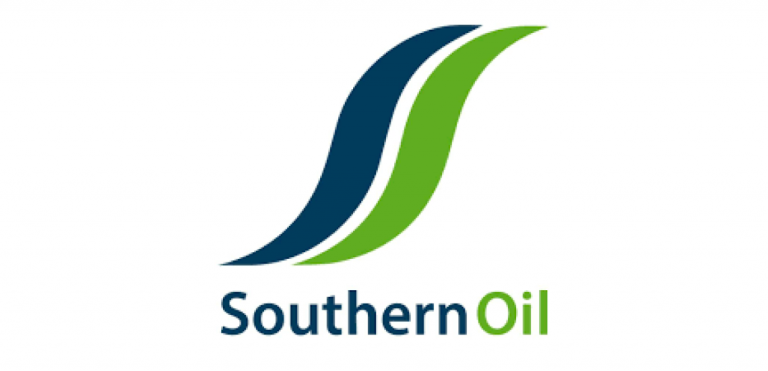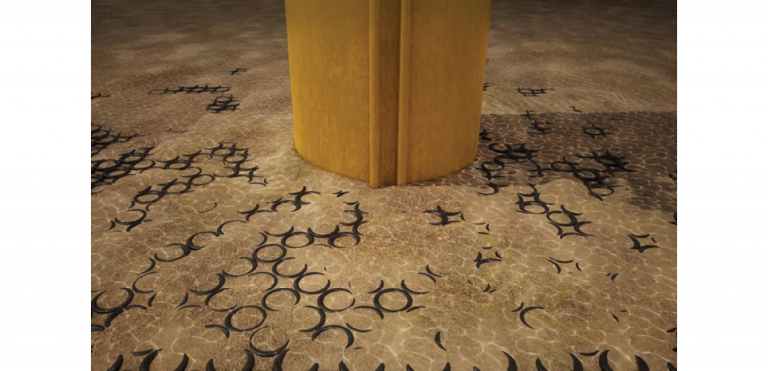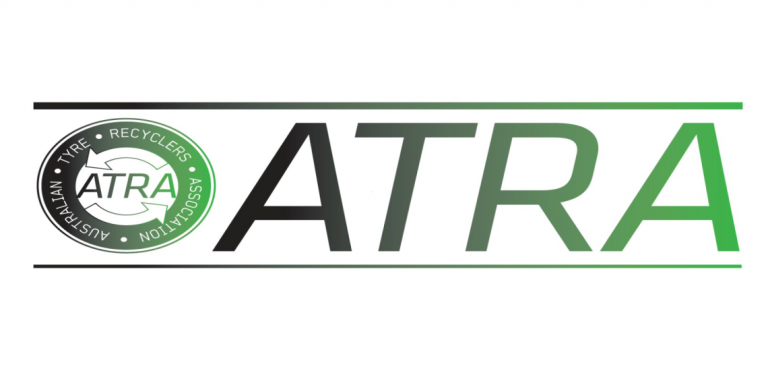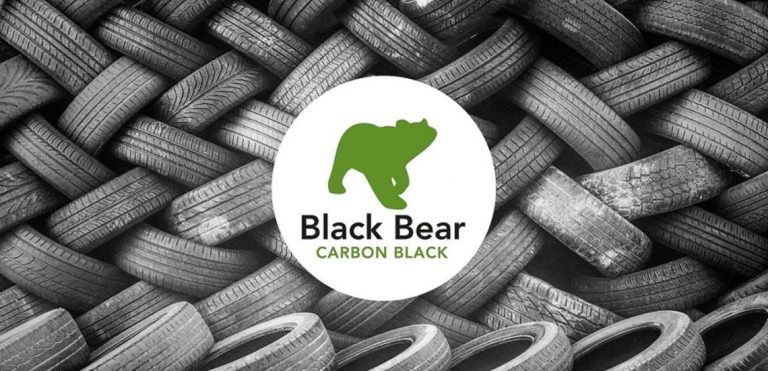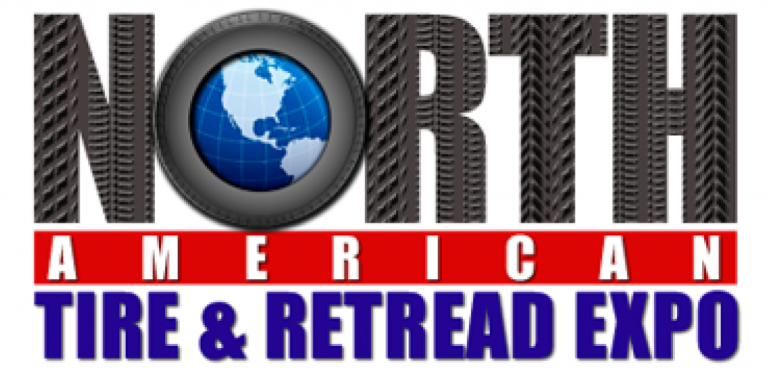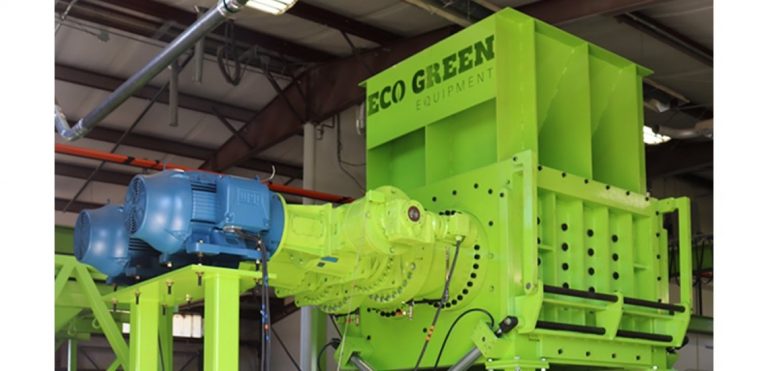New Jersey State Auditors have reported that the incidence of illicit dumping of end of life tyres around the state has seen an upsurge in recent months.
Big Problem in New Jersey
The auditors have called for a renewed effort to monitor, identify and remediate the issue.
“Scrap tyres are not only an eyesore, but also present an environmental and public-health threat,” State Auditor Stephen Eells wrote in memo to Gov. Christie and state legislative leaders.
Eells’ office found that the colossal mountains of abandoned tyres that once dotted the landscape were now gone, with “the vast majority” of used tyres ultimately recycled.
However, he advised that the Department of Environmental Protection survey in 2016 found that 18 of 26 major scrap-tyre-pile sites “did not comply with state regulations” and needed remediation.
Eells’ report also asked whether the state should restore to the Department of Environmental Protection some of the millions of dollars that it collects annually from a new-tyre fee previously earmarked for improved tyre disposal.
“I’m not saying the DEP is doing anything wrong,” Eells said last week in an interview. “What I’m telling the Legislature is that I’m not comfortable with something I’ve observed.”
In 2002 New Jersey was home to some 3,2 million discarded tyres, this had been reduced to around 560,000 in 2016. The question was whether these tyres still posed a risk.
“Once ignited, scrap tyres are notoriously difficult to extinguish,” Eells said in his report, and they can produce “dense, noxious smoke” and an oily residue that contaminates groundwater.
But Ray Bukowski, assistant DEP commissioner and head of its Bureau of Solid Waste Compliance and Enforcement, said that discarded tyres, while “always on our radar” were “no more important than the other recycled or waste sectors we monitor.”
“Most of the site operators nowadays are appropriate,” Bukowski said, and the state had “made significant progress from the old days of tyre mountains.”




















